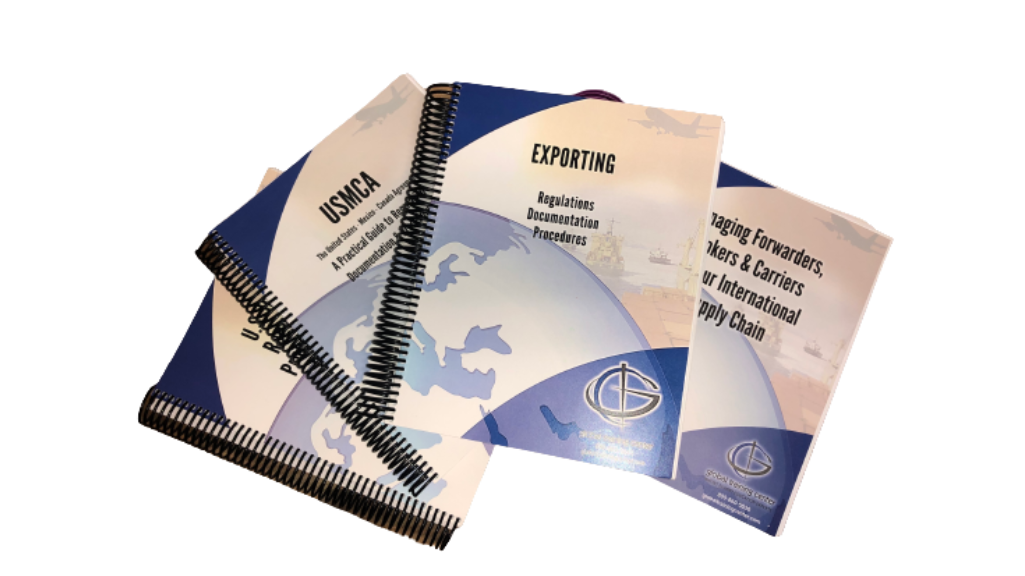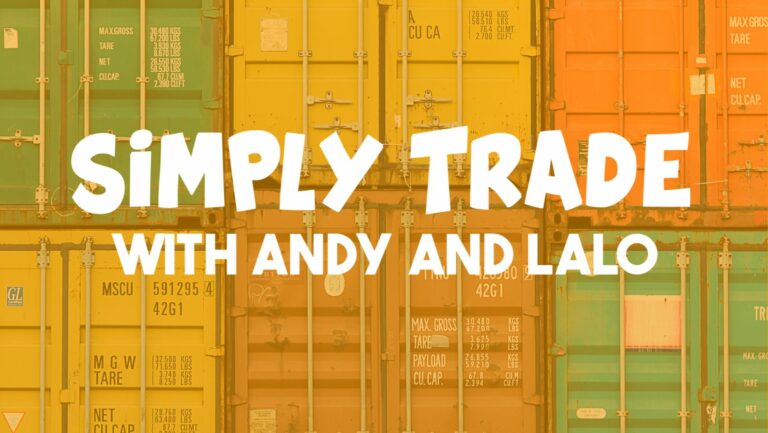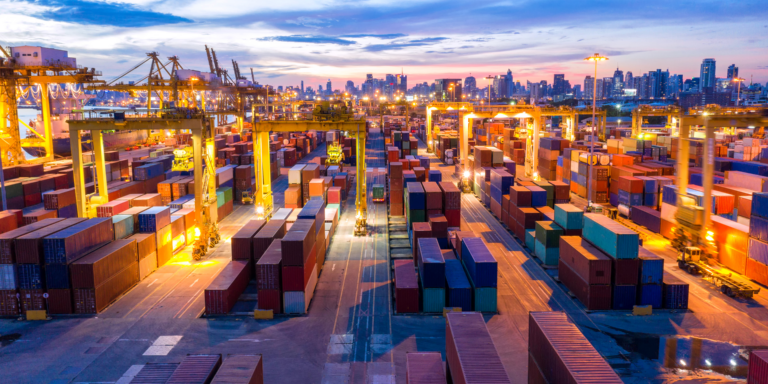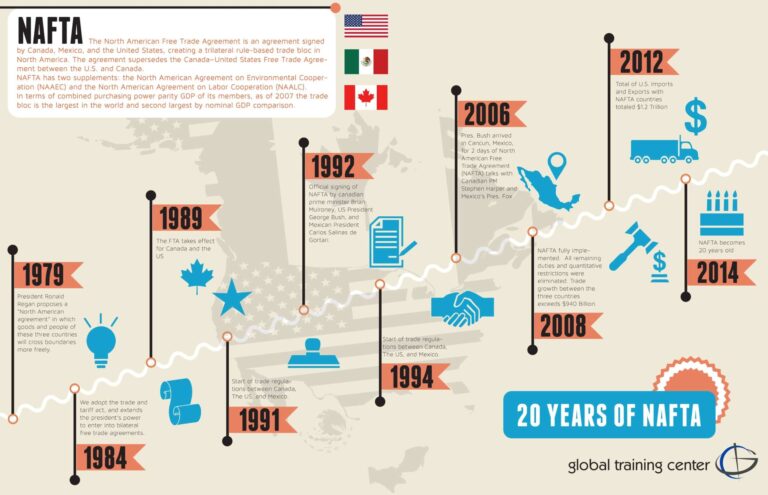The Trade in Sanctioned Oil: A Growing Concern as the US Turns a Blind Eye
An investigation reveals a troubling trend in the global oil trade: the booming business of sanctioned oil. Despite international embargos, countries like China continue to import oil from sanctioned nations like Russia and Iran by relabeling it as originating from third-party countries. This illicit practice raises concerns over environmental risks, crew safety, and the impact on global oil prices. In this blog post, we delve into the details of this secret trade, the role of the US administration, and the potential consequences for the industry.
A Risky Game Exposed:
In late 2022, analysts examining China’s oil imports discovered an anomaly – imports from Malaysia exceeded the country’s actual oil production. This investigation highlighted the practice of relabeling oil from sanctioned countries to bypass international embargos. The process involves transferring oil from Russia, Iran, or Venezuela to South-east Asia, where it is relabeled as coming from nearby oil producers before reaching China.
Regulatory Blindspot:
Ship-to-ship transfers of sanctioned oil pose significant risks to the environment and crew safety. Despite these dangers, such transfers take place regularly while local officials and western governments turn a blind eye. The lack of oversight and enforcement allows this trade to prosper unchecked.
The Role of the Biden Administration:
The article suggests that the Biden administration is aware of this trade and prioritizes diplomatic overtures with Iran, effectively ignoring their own sanctions. Critics argue that by selectively enforcing sanctions, the administration hopes to incentivize Iran’s participation in diplomatic discussions. The recent prisoner swap between the US and Iran, along with the return of frozen Iranian oil money, further raises questions about the US’s approach to sanction-breaking trade.
Economic and Political Motivations:
The trade in sanctioned oil benefits both China and the US. China secures discounted oil prices and plays countries off each other for the best deal, while the US administration aims to keep oil prices low for domestic political reasons. With gasoline prices often influencing public sentiment, maintaining a plentiful supply of oil may be seen as politically advantageous, even if it means tolerating sanction-breaking activities.
Implications for the Industry:
The proliferation of shadow tankers and the evasion of international regulations risks undermining decades-long efforts to improve shipping safety. The aging and poorly maintained ships in the shadow fleet increase the likelihood of accidents and environmental disasters. Furthermore, as insurers may refuse coverage for vessels selling oil above the price cap imposed on sanctioned nations, the risk of inadequate funds for cleanup after accidents rises.
The trade in sanctioned oil presents a grave challenge to international efforts to enforce embargos and ensure maritime security. The US’s tolerance of this trade draws criticism while raising concerns about the effects on the environment, crew safety, and the industry as a whole. Stricter enforcement, enhanced international cooperation, and a reevaluation of the political motivations behind this tolerance are necessary to combat this illicit trade and protect the integrity of the global oil market.
Original Source:












